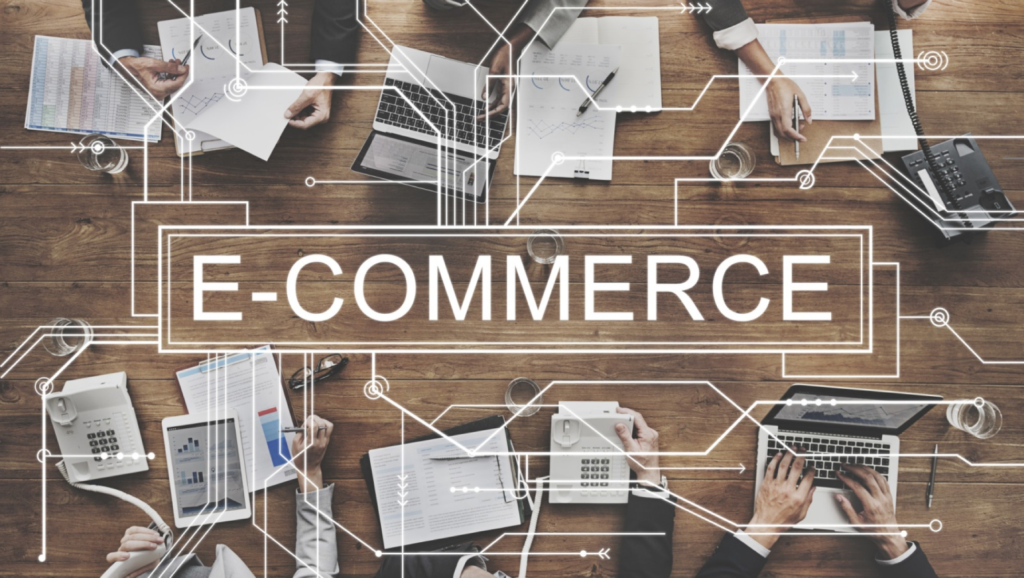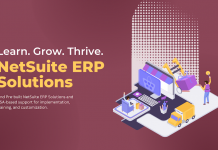
Are you looking to break into the e-commerce industry? It’s one of the most lucrative industries available. More than nine million e-commerce retailers exist worldwide, with many being here in the states.
But there are many e-commerce business models to choose from. Many new businesses will experiment with commerce by starting a dropshipping business. But profit margins are slim, and competition is high.
That’s why those looking to build a long-term business choose either a white label business model or a private label business model.
White label vs. private label: What’s the difference? Which should you start with? Keep reading our private and white label guide below to find out the benefits of each unique business model.
What Is Private Label?
Both private and white label business models involve sourcing products from manufacturers. The key difference is in the amount of customization that is available to the products, and who is allowed to sell those products.
Private label is the process of sourcing products from manufacturers. When you do, these products are only sold by your business.
The products can usually be altered in various ways so that they aren’t identical to other products on the market. This often means changing the colors, sizes, dimensions, or designs on the product or the packaging.
Private label allows you to sell products under your brand name as if you were the manufacturer. Consumers do not know who the actual manufacturer is, and they don’t get credit for the products.
And the products that you source under a private label agreement aren’t able to be sold by other retailers. They are unique to your business, allowing you to create your own products that may be better than what is on the market by your competitors.
For example, you can private label CBD gummies. When you do this, you may be able to adjust recipes. You can create a sweeter candy, or go sugar-free. You can make them with or without colors. And you can choose full-spectrum, broad-spectrum, or any other type of CBD that the supplier has available.
Benefits of Private Labeling
The private label business model gives you more control over the products that you sell. You get to help design and customize the products as you see fit, to make them a perfect fit for your target customer.
This provides you the opportunity to design and sell higher-quality products. Or, even if the quality isn’t higher than your competitors, it gives you the ability to differentiate your business and products, giving consumers a reason to choose your brand.
And since your products are unique, you can charge a premium on them, increasing your profit margins.
If your dream is building a brand, then private labeling is much more fulfilling, as you get to participate in the product design process. You get to work with your suppliers to create the products you actually want to sell.
What Is White Label?
White labeling is similar to private labeling, but with a few key differences. When you white label a product, you are not changing or customizing the product in any way. The only thing you change is the brand name and the packaging.
With white-label, you just choose from a list of products that are already mass-produced. You then supply the manufacturer with your logo, they print it on the product packaging and send it to you.
You can then sell the product as your own. But other businesses can also sell the exact same product.
With white-label, you do not get exclusive rights to a particular product. The product can be sold by any other retailer.
So you’ll resell the same exact products as other sellers. If it’s an in-demand product, you may be competing with dozens of other sellers.
Benefits of White Labeling
Selling products via white-label offers you the chance to get to market faster. You don’t need to spend time helping to design or customize a product. You just choose from what’s available, place your order, and get started.
It simplifies the selling process. You can often use the existing product images and descriptions.
The cost of white label products is also lower since the manufacturer doesn’t have to customize the product in any way.
However, this means that you aren’t able to charge premium prices, so your profit margins may be slimmer than a private label product. Plus, you are selling the exact same product that every other white label company has access to.
Competition is high, and you’ll need to find a different opportunity to differentiate yourself from the competition. This might mean offering free shipping, free returns, and so forth.
White Label vs. Private Label
So which business model is right for you? If you are looking to build a long-term business and brand that stands out from the competition, then you are looking for a private label model.
Private labeling gives you the chance to participate, to a certain extent, in the product manufacturing process. You get to add your specifications and make the product your own. And other brands won’t be able to sell the exact same product.
Private label models do have a higher cost and longer time to market, however. But, they are a better long-term option.
White label business models are good for those looking to test e-commerce out for themselves in a faster and cheaper way. If you can find alternative ways to compete with other businesses selling the same products, it can be an effective business model as well.
With white-label, the danger is brands trying to beat each other on price. Since they sell the same products, it often becomes a race to the bottom, meaning everyone loses. You’ll need to be creative to stand out from the crowd.
Start Your Ecommerce Business Today
Now that you know the difference between white label vs. private label, you can start building your e-commerce business the way you want to. Hopefully, our white label and private label guide have helped clarify the subtle differences and given you the ideas you need to move forward.
Looking for business tips and tricks? Visit our blog today to keep reading.










